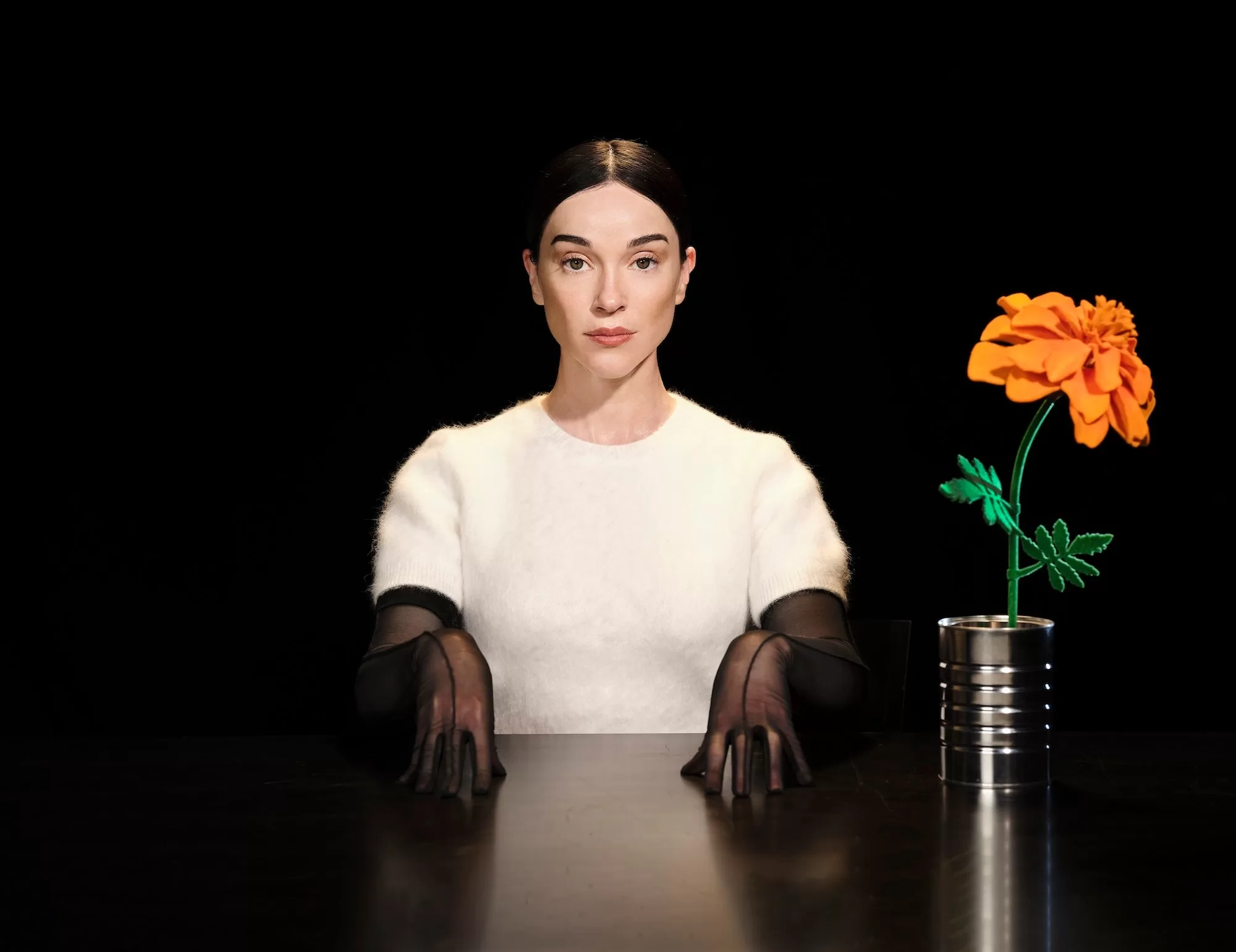[[{“value”:”
From the Desk of Beth Battaglino, RN, CEO, HealthyWomen
It’s an undeniable fact. No one knows your body like you do. And when something doesn’t feel quite right, it’s important that you pay attention, speak up and seek answers.
Shirley Norris learned this lesson when she first noticed bright red blood in her urine in 2014. She’d had a hysterectomy, so she knew it couldn’t be her period. She saw a urologist for the next couple of years as she struggled with constantly recurring urinary tract infections (UTIs) that turned out to be bladder cancer.
It’s not unusual for women to get an occasional UTI, but they usually go away with treatment. Other women struggle with UTIs for years and have little success getting rid of them. Although it’s unlikely for recurring bladder infections to be something as serious as bladder cancer, it’s always good to ask questions, as Shirley did, so you can get answers.
Commonly referred to as “bladder cancer,” urothelial bladder cancer (UBC) is cancer of the lining of the urinary system. Although UBC is about four times more common in men than in women, women generally have a worse prognosis, and Black people have lower survival rates than white people, making the UBC burden for Black women a big one. The key to a high survival rate among all people is early detection, but diagnosis can often be delayed in women because UBC can be mistaken for common UTIs or postmenopausal bleeding. Monica Cox knows this firsthand, “Looking back, I thought the blood I saw in my urine was menstrual blood or related to the UTIs, but I know now it was possibly a red flag for bladder cancer.”
That’s why it’s critical that you understand what’s normal and what’s not when it comes to your bladder. What should you look out for? What are the signs of trouble?
In our bladder health education program, we help you understand signs and symptoms, your UBC risk factors, including smoking, how to talk to your healthcare provider about any bladder symptoms you may be experiencing, and how to regain control of your sex life after UBC. And never forget — you are your own best advocate.
In good health,
Beth Battaglino
This resource was created with support from Merck, Astellas and Seagan.
Exciting Advances in Bladder Cancer with Dr. Sarah Psutka
Hear from Sarah P. Psutka, MD, MS, Associate Professor of Urology Department of Urology, University of Washington, Seattle Cancer Alliance, Harborview Medical Center about new research in types of bladder cancer, how to improve patient care, personalizing treatment and more.
Good Nutrition Before and During Bladder Cancer Treatment
I Started My Dream Job. Then I Was Diagnosed with Bladder Cancer.
Obtuve el trabajo de mis sueños. Un poco después me diagnosticaron cáncer de vejiga.
Bladder Cancer Survivors Face Greater Risk of a Second Unrelated Cancer
Tips for Traveling While Being Treated for Urothelial Bladder Cancer (UBC)
Consejos para viajar mientras recibes tratamiento de cáncer de vejiga urotelial
For Nearly a Year, Doctor’s Dismissed My Bladder Cancer Symptoms as UTIs
Life with Urothelial Bladder Cancer
La vida con cáncer de vejiga urotelial
Life After Diagnosis: Navigating the Things You Love with Urothelial Bladder Cancer
Take Our Quiz: What’s the Difference Between Bladder Cancer and a UTI?
Why Sex and Race Matter in Bladder Cancer Treatment
I Became a Bladder Cancer Survivor at 30
Fast Facts: What You Need to Know About Smoking and Bladder Cancer
Fast Facts: Everything You Need to Know About Urothelial Bladder Cancer
What Women Need to Know About Urothelial Bladder Cancer
It Took 2 Years and a Second Opinion to Find My Bladder Cancer
A Conversation With Dr. Sarah Psutka About Bladder Cancer
Urothelial Cancer Resource List
Urothelial bladder cancer develops when cancer cells begin to grow in the urinary bladder and is most found in older adults, with 9 out of 10 being over the age of 55 and the average age at the time of diagnosis being 73 years old. In 2020, there were about 81,400 new cases of bladder cancer (about 62,100 in men and about 19,300 in women), therefore it is important to stay informed on the risks, signs, symptoms, and other factors associated with this cancer. For more information, please contact your provider and explore the additional resources below.
HealthyWomen Resources
You and Your BladderFast Facts: Everything You Need to Know About Urothelial Bladder CancerWhat Women Need to Know About Urothelial Bladder CancerIt Took 2 Years and a Second Opinion to Find My Bladder CancerA Conversation With Dr. Sarah Psutka About Bladder Cancer
Additional Resources
What Is Bladder Cancer?What Every Woman Should Know about Bladder CancerBladder Cancer Action Network“}]]










